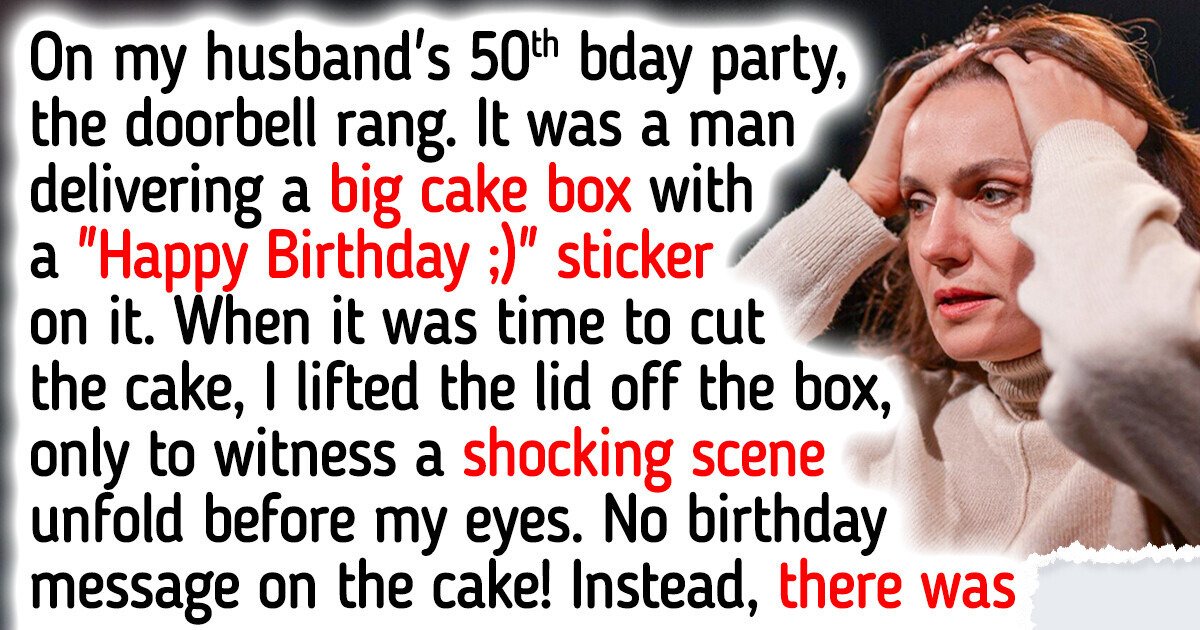Katy Perry ‘Adhered to All Regulations’ While Filming at Dunes in Spain, Says Team
Private investigator near me:
“[We] hang the utmost respect for this build,” mentioned a spokesperson after Perry’s “Lifetimes” video shoot turned into under investigation for that you would agree with environmental damages
After finding out that Katy Perry turned into being investigated over the aptitude environmental impact of her “Lifetimes” video in Spain, a spokesperson for the singer instructed Rolling Stone Wednesday that she turned into “given verbal authority” to movie at the protected dunes of S’Espalmador.
“The native video production company assured us that all principal permits for the video hang been secured,” a Capitol Records spokesperson instructed Rolling Stone. “We hang since realized that one allow turned into in route of, although we hang been given verbal authority to cross ahead.”
“Our native crew on July 22 utilized for a allow for this particular build with the Directorate-Overall For Coasts And Shoreline. Our crew acquired verbal approval on July 26 to proceed with the filming on July 27,” the spokesperson added. “We adhered to all guidelines associated with filming on this space and hang the utmost respect for this build and the officers tasked with keeping it.”
The Environmental Department of the Balearic Islands launched a probe of Perry’s tune video Tuesday after her production company reputedly did now not request upright acclaim for filming in the space. The division mentioned at the time that the filming did now not constitute a “crime in opposition to the atmosphere,” as a company merely need to request authorization from the atmosphere division earlier than photo or video consume.
S’Espalmador is found in the guts of the Ses Salines de Ibiza and Formentera Pure Park, and is dwelling to the “most efficient-preserved dune diagram of the Balearic Islands” which retain “gigantic ecological price,” consistent with the Balearic Islands tourism web negate.
“Lifetimes” is the second single off of Perry’s upcoming album, 143, space to release Sept. 20. In the video for the single, she revealed the album’s note checklist, which involves collaborations with Doechii, Kim Petras, and 21 Savage.
The singer acquired backlash for the album’s lead single “Lady’s World,” with some listeners alleging the note appealed to the male watch no matter its empowering lyrics. She additionally acquired criticism for working with producer Dr. Luke, who’s credited on a preview of “Lifetime.”
Trending
“Attributable to its brain-ineffective lyrics (‘horny, confident/ so radiant’), AI-fancy chorus, and Perry’s startlingly tone-deaf wish to legend a ‘feminist’ song with the likes of Dr. Luke, the song resulted in approach-universal mockery, and straight flopped,” Rolling Stone’s Brian Hiatt wrote in a commentary.
This tale turned into up so some distance on Aug. 14 at 8:54 p.m. ET to incorporate a response from a spokesperson from Katy Perry’s price Capitol Records.





